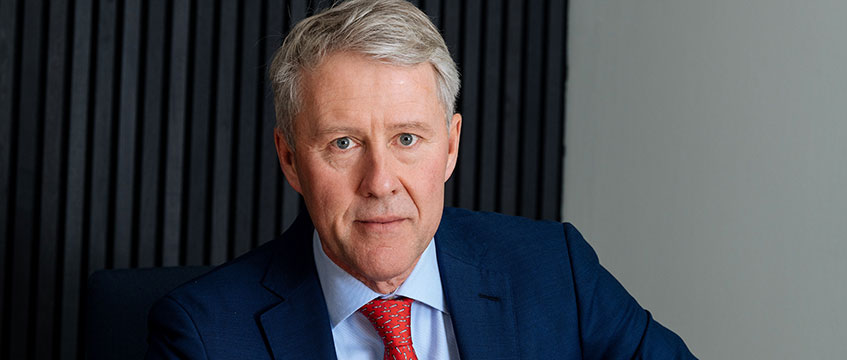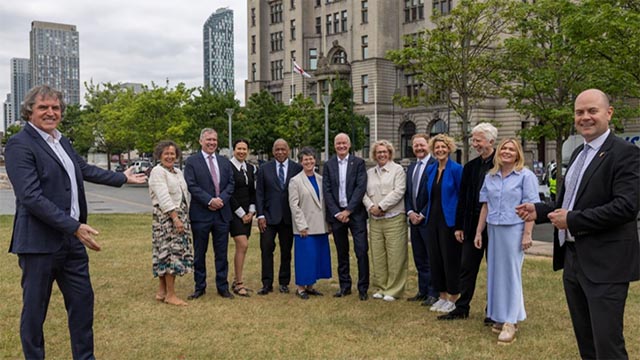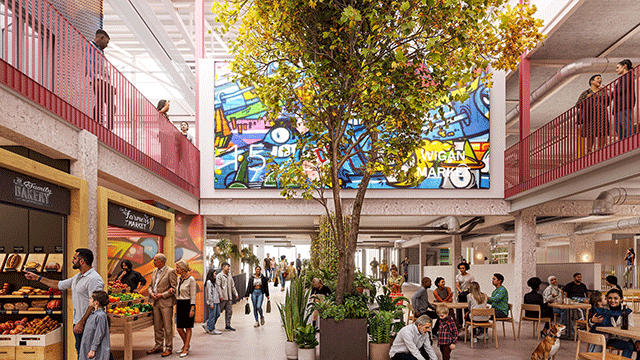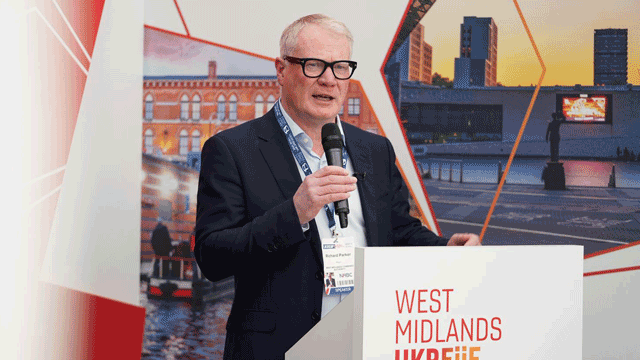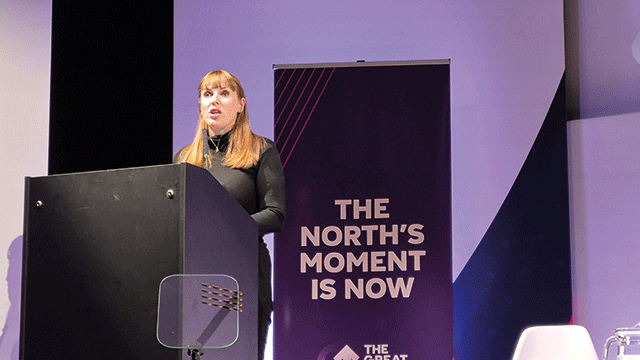For most in the industry, the collapse last month of the British Urban Regeneration Association came as a bolt from the blue; it was perhaps the first and highest-profile casualty of the coalition’s cutbacks.
But for Jackie Sadek, the organisation’s combative chair, it was less surprising. “It’s been dawning on us for some time,” she admitted on EGTV this week.
Founded 20 years ago, BURA has been at the heart of UK regeneration since day one – training, lobbying and advising. But with even its champions left scratching their heads and asking whether regeneration can survive in an era when the necessity of every public sector pound spent is being tested, this summer saw its viability under threat as never before.
“I remember, even before the general election, hearing Ed Balls being asked on the Today programme where Labour would find savings if frontline services weren’t to be affected,” said one senior figure, who has been involved in some of the most successful regeneration projects of the past two decades. “When he answered ‘regeneration’ I knew we would suffer whoever won power.”
After realising the BURA model was no longer workable – government grants would not be around forever, and income for training and other services was already down – Sadek sent a memo to board members in July warning of financial problems. Within days bailiffs had been sent in by its landlord. Voluntary liquidation, handled by PKF, was next. Fast forward to this Monday, when back-to-back meetings took place at PKF’s offices on Farringdon Road, EC1. After a brief but emotional EGM and creditors meeting, BURA was no more.
“We’re deeply proud of what we’ve achieved over the past 20 years,” said Sadek. “It’s been a difficult and bumpy summer but in a funny way it almost had to happen. BURA had become institutionalised and bureaucratic. We had a lot of staff when I took over as chair. And even though we’d scaled back significantly no one could have foreseen the scale of the government cuts and the way we would have to be in the new world.”
Details of that new world emerged on Tuesday morning. At 10am, at the City offices of law firm Eversheds, Sadek gathered together what she had assumed would be a new BURA board. Instead she found herself asking the gathered to join a fledgling body with the working title UK Regeneration. After hearing her political analysis and the UKR business model, all signed up.
“We want to start again with the good bits of BURA – the institutional memory, the legacy, the networks and all of our friends – and move it forward in a much more fleet-of-foot way,” said Sadek.
To her mind regeneration has to be much more about fine grain interventions at the community level. “That’s where we started,” said Sadek, “and that’s where we’ve got to get back to.”
That will be done with a lean central staff, no big office and – in a significant change from the past – with most services delivered virtually. “We’re building a technological platform – think open-source regeneration, think Wikipedia,” said Sadek.
After that, the next job is to persuade ministers – key ones have been kept up to speed with developments – that the new organisation is a necessary partner, there to help the government deliver services and not to be a bureaucratic drain on cash.
UKR will be active in weeks, rather than months, with a fringe meeting at the Conservative Party conference set to provide a launchpad.
The swift response will reassure many. “Regeneration needs champions like Jackie now more than ever,” said Chris Farrow, chief executive of Salford URC.
The UKR service will be free – at least at first. Individual rather than corporate membership is the immediate goal, and the creation of an army of UK Regeneration professionals the ultimate objective. Income will come from the sale of training, toolkits and sponsorship.
“We haven’t spoken to anybody who hasn’t been supportive,” said Sadek. “We need to get away from a poor but worthy persona and get on the front foot. The main thrust at this moment in time is to save regeneration in the UK, because we are in a parlous state.”
Newsmaker, page 66. watch the interview at www.estatesgazette.com/videos
BURA’s tasks
BURA was set up in the 1990s to promote UK regeneration by influencing policy, facilitating debate and developing skills and capabilities. Most recently the group had been in Northern Ireland, advising on how the infamous Maze Prison (pictured), near Belfast, could be turned into a conflict study centre.
damian.wild@estatesgazette.com




